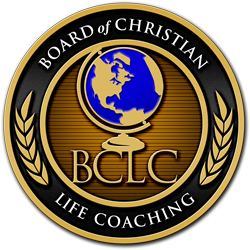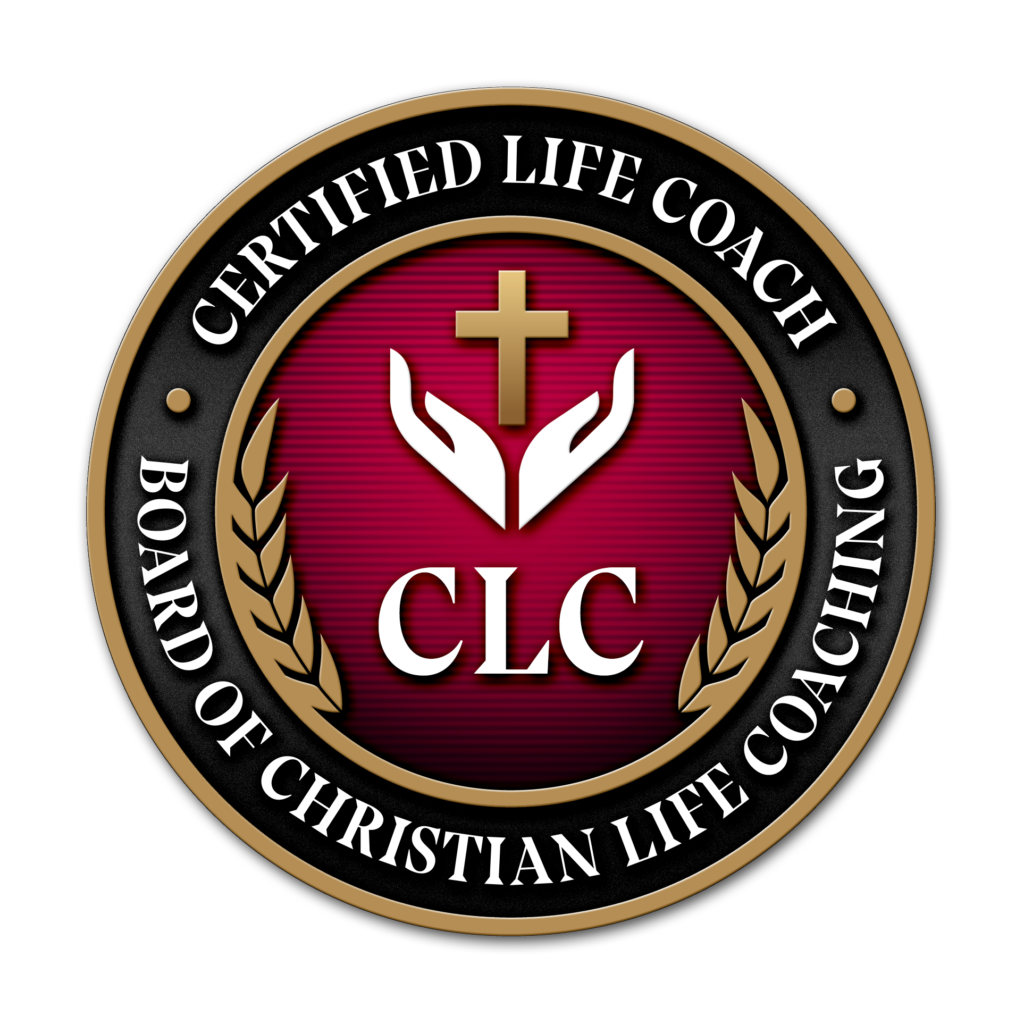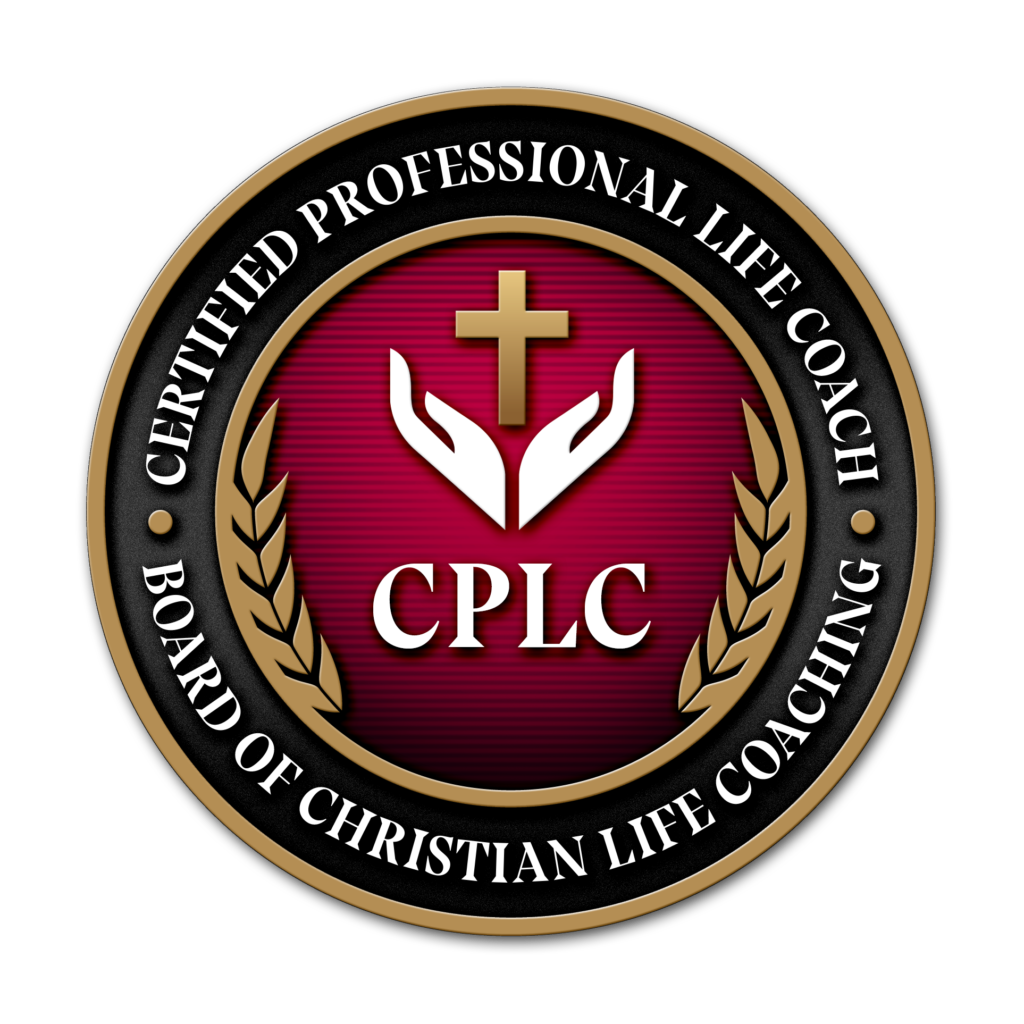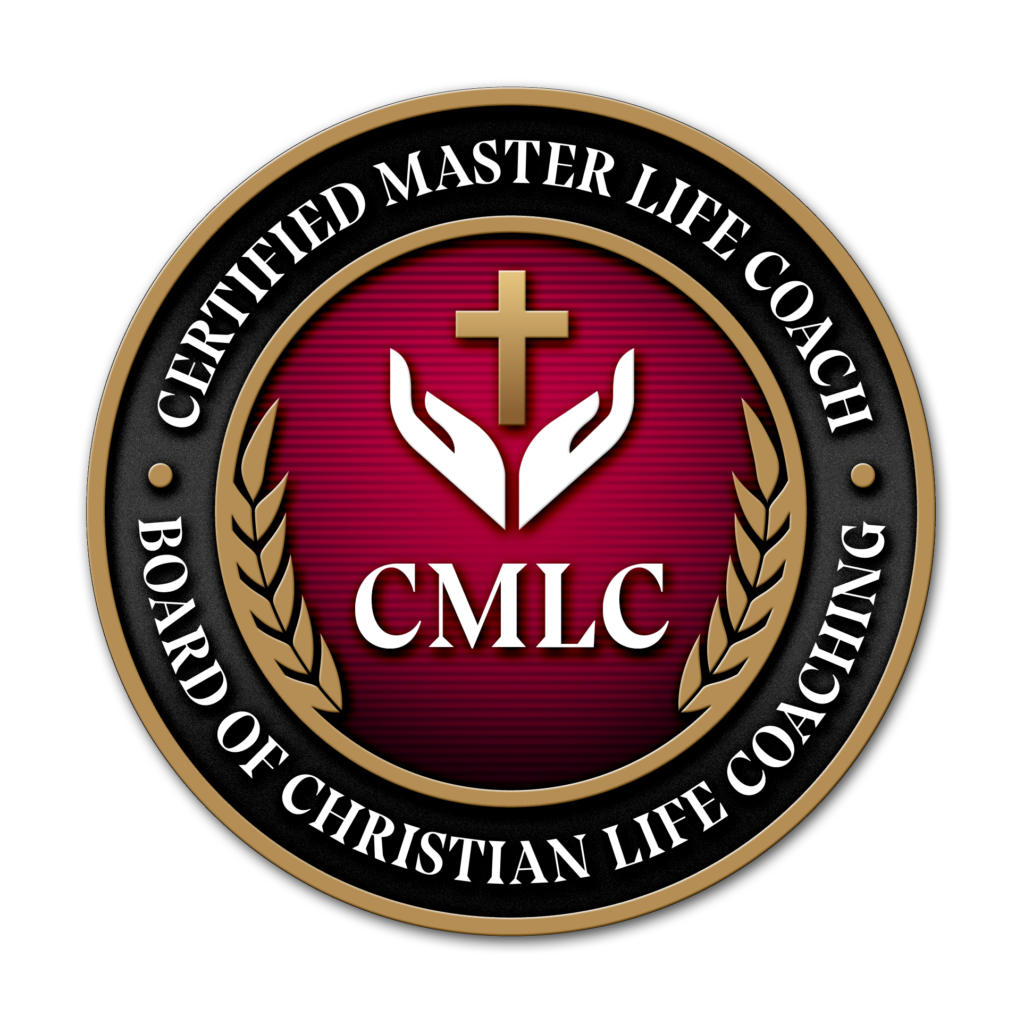
The Board of Christian Coaching: Life Coaching
Everyone who applies for a credential with the BCC must specify the level of credentialing he/she is seeking. Currently, the BCC offers three national credentials in Christian Coaching, which are the CLC (Certified Life Coach), the CPLC (Certified Professional Life Coach), and the highest level of credentialing, the CMLC (Certified Master Life Coach).
Please note that individuals may only hold one active life coaching credential at a time. This means that upon approval for a new or higher-level credential, any previously held credential will be retired. This policy is in place to maintain clarity in credential recognition, uphold professional standards, and ensure each coach’s title accurately reflects their current level of training and certification within the BCC framework. This does not apply to specialization credentials.
Board of Christian Coaching: Life Coaching Credentials

CLC – Certified Life Coach
Basic Requirements:
- Identify and practice as a Christian Life Coach. This refers to independently practicing life coaches who incorporate biblical principles and coaching skills with appropriate theory, knowledge, and professional practice.
- Completion of Light University’s Professional Life Coaching 101 and 201 courses, or 24 educational hours/CEs from an approved specialized Christian life coach training program that integrates biblical principles and coaching skills with appropriate theory, knowledge, and professional practice.
- Completion of the Christian Life Coach Knowledge Assessment.
- Be able to document a minimum of 2 hours of mentor coaching. Click here for instructions
- Once the credential is awarded, maintain at least 12 CEs of an specialized Christian life coach training every two years related to the incorporation of biblical principles and coaching skills with appropriate theory, knowledge, and practice.
Additional Supportive Documentation Needed:
- Professional Liability Insurance: While not required by law or for certification, liability insurance is strongly recommended for life coaches. It helps protect against potential claims arising from client interactions, even when services are delivered ethically and within scope. Please consult legal counsel and your state’s regulations. If you carry liability insurance, include your policy details with your online application.
Apply for Certification

CPLC – Certified Professional Life Coach
Basic Requirements:
- Identify and practice as a Christian Life Coach. This refers to independently practicing life coaches who incorporate biblical principles and coaching skills with appropriate theory, knowledge, and professional practice.
- Completion of a minimum of 60 educational hours/CEs of an approved specialized Christian life coach training related to the incorporation of biblical principles and coaching skills with appropriate theory, knowledge, and professional practice.
- Completion of the Christian Life Coach Knowledge Assessment.
- Be able to document a minimum of 80 hours of coaching experience.
- Be able to document a minimum of 4 hours of mentor coaching. Click here for instructions
- Once the credential is awarded, maintain at least 18 CEs of a specialized Christian life coach training every two years related to the incorporation of biblical principles and coaching skills with appropriate theory, knowledge, and practice.
Additional Supportive Documentation Needed:
- Professional Liability Insurance: While not required by law or for certification, liability insurance is strongly recommended for life coaches. It helps protect against potential claims arising from client interactions, even when services are delivered ethically and within scope. Please consult legal counsel and your state’s regulations. If you carry liability insurance, include your policy details with your online application.
Apply for Certification

CMLC – Certified Master Life Coach
Basic Requirements:
- Identify and practice as a Christian Life Coach. This refers to independently practicing life coaches who incorporate biblical principles and coaching skills with appropriate theory, knowledge, and who are involved in a significant professional practice of Christian Coaching.
- Completion of a minimum of 140 educational hours/CEs of specialized life coach training related to the incorporation of biblical principles and coaching skills with appropriate theory, knowledge, and professional practice.
- Completion of the Christian Life Coach Knowledge Assessment.
- Be able to document a minimum of 175 hours of coaching experience.
- Be able to document a minimum of 6 hours of mentor coaching. Click here for instructions
- Once the credential is awarded, maintain at least 24 CEs every two years related to the incorporation of biblical principles and coaching skills with appropriate theory, knowledge, and practice.
Additional Supportive Documentation Needed:
- Professional Liability Insurance: While not required by law or for certification, liability insurance is strongly recommended for life coaches. It helps protect against potential claims arising from client interactions, even when services are delivered ethically and within scope. Please consult legal counsel and your state’s regulations. If you carry liability insurance, include your policy details with your online application.
Apply for Certification
Instructions:
What is Mentor Coaching and Why is it Required? (Click to read)
Mentor Coaching is a required component of the credentialing process for all IBCC certifications, including the Certified Life Coach (CLC), Certified Professional Life Coach (CPLC), and Certified Master Life Coach (CMLC). This process involves receiving guidance and feedback from an experienced coach to enhance your coaching competency, confidence, and ethical alignment.
Purpose of Mentor Coaching
Mentor coaching is designed to:
- Develop Competency: Develop and refine core coaching skills in alignment with IBCC and ICCA professional standards.
- Build Confidence: Gain clarity and assurance through reflective dialogue and targeted feedback.
- Ensure Growth: Support continuous improvement to remain effective, ethical, and current with best practices.
Eligibility
Mentor coaching should be completed after you have finished the required coursework for your desired credential.
Requirements by Credential Level
To fulfill the mentor coaching requirement, you must complete the following:
- CLC – Minimum of 2 hours
- CPLC – Minimum of 4 hours
- CMLC – Minimum of 6 hours
Mentor coaching may be completed through group sessions or individual (1:1) sessions, as long as they meet the total hour requirement and are documented using the required Mentor Coaching Template.
Only coaching-focused sessions (providing direct feedback on coaching skills, ethics, or client interactions) count toward the mentor coaching requirement. General life advice, administrative support, or business consulting does not qualify.
All hours must be clearly documented using the required Mentor Coaching Template. Incomplete or informal documentation may result in delays or rejection of your application.
Mentor Coach Options
Option 1: ICCA Mentor Coaching Program (Preferred)
We encourage applicants to complete their mentor coaching through the International Christian Coaching Association (ICCA), which offers both group and 1:1 coaching. Approved ICCA mentors include Dr. Sylvia Hart Frejd, Dr. Catherine Hart Weber, and Georgia Shaffer.
Learn more at: christiancoachingtoday.com/mentor-coaching
Option 2: Outside Mentor Coach (Must Be Preapproved)
If you wish to work with a mentor coach outside the ICCA, they must meet one or more of the following criteria:
- Hold an active ICF credential
- Hold a CMLC credential from IBCC
- Have at least 5 years of coaching experience and demonstrate alignment with the ICCA’s Code of Ethics and Core Competencies
Benefits of Mentor Coaching
- Enhanced Skills: Improve your coaching techniques and methodology.
- Professional Growth: Gain personalized feedback and accountability.
- Credential Readiness: Receive practical support to prepare for performance evaluation and application review.
Renew Your Application
Keep your certification current and continue serving with excellence. Renewing your Christian Life Coaching credential is simple and secure. By renewing today, you’ll maintain your active status, uphold the standards of ethical practice, and stay connected to a growing network of faith-based coaches.
Frequently Asked Questions (FAQs):
- What if I send in an application and I do not meet the requirements?
- We will let you know that you do not meet the requirements and give you other options for credentials that your information will meet requirements or suggest ways to attain what you need to meet those requirements.
- How long does it take to process applications?
- The usual processing time is 3-4 weeks. If there is something missing from your application or we need additional information for the board to decide if you meet the requirements for the credential, this can extend to 5-6 weeks depending on response times. Please be looking for emails from ibcc.applications@aacc.net for emails regarding your application.
- How will I know if you have received my application?
- If you are applying using the online application for coaching credentials, you receive a verification email that we have received your application.
- If you are sending in a paper application, you will receive a verification email from ibcc.application@aacc.net.
- Can I use counseling courses for credentials in the Board of Christian Coaching?
- No, the courses of these credentials must be coaching in nature
- Can I use Mental Health Coaching courses for Christian Life Coaching Credentials?
- No, the courses must be life coaching in nature
- What should I put for my name on the certificate/ ID card?
- We only allow for your first name, middle initial, and last name. We do not allow any other designations, degrees, or licenses. Please be aware that the ID card only allows for 34 characters.
- Is there a grace period if I forget to renew my credential in time?
- Your credential will be considered “inactive” if you do not renew your credential before your renewal date. You are allowed a 6-month grace period, where you can complete the renewal, and it will become “active” again. If it is beyond 6 months, you will need to reapply for the credential.
- What if I need a reprint of my certificate?
- You can order a reprint of your certificate for $25. Please contact the IBCC at info.ibcc@aacc.net.
- Can I lose my credential for any reason?
- Yes, you can. If you receive a complaint from a client or counselee, and it is determined through an investigation that you have violated the AACC code of ethics, the board can determine that you will be put on a probation period or that the credential is terminated, and you are unable to reapply for it.
- What if there is a complaint lodged against me fraudulently?
- Through an investigation, the board can determine if the credential holder displayed no wrongdoing and will receive no reprimand.
- Where can I find Continuing Education credits that will apply to my credential?
- IBCC approves most of AACC workshops at their conference and webinars, and Light University’s on-demand options.
- When does my credential need to be renewed?
- Your renewal date will be shown on the certificate that you received from IBCC.
- You can also find your renewal date by logging into your dashboard on aacc.net. If you have a hard time logging in, please contact AACC.
